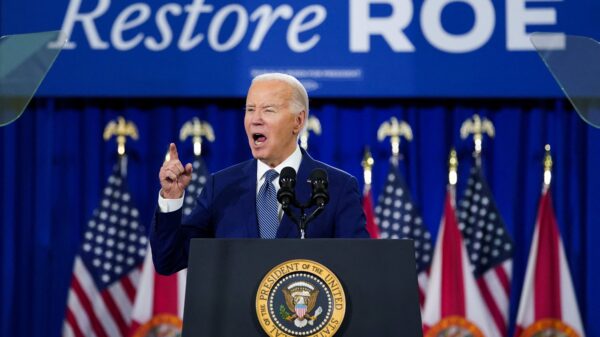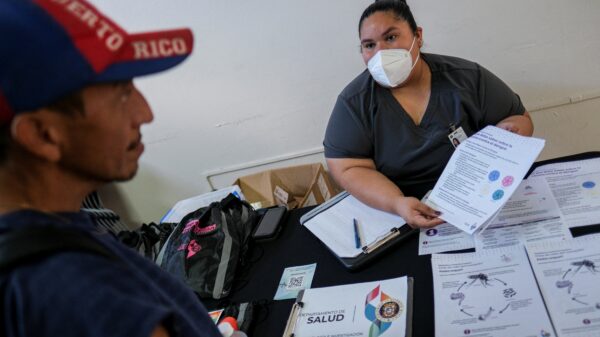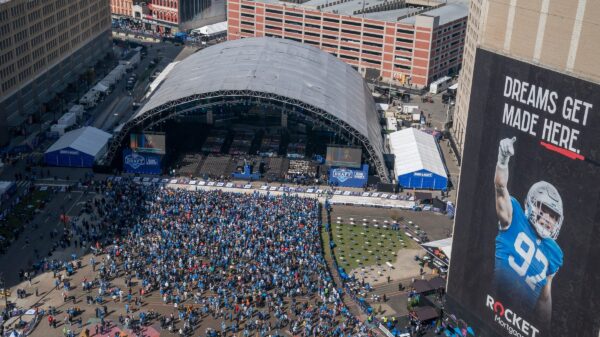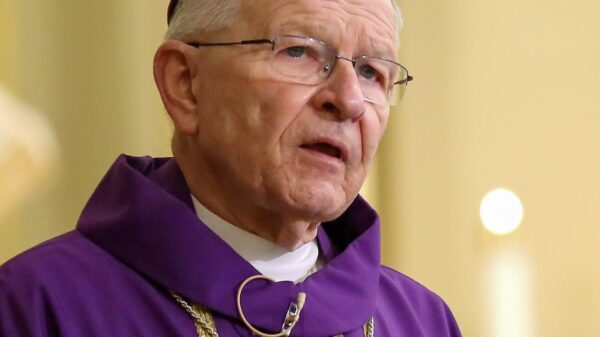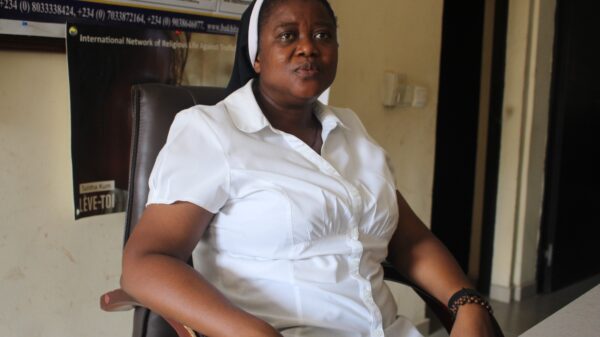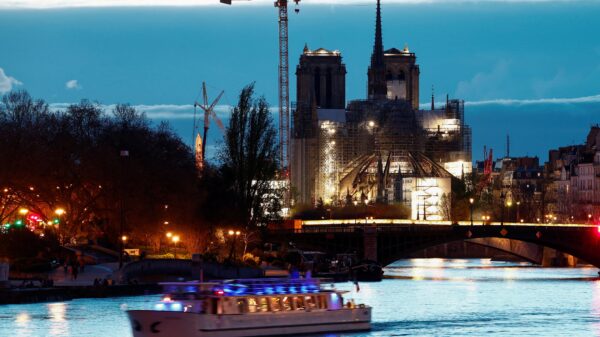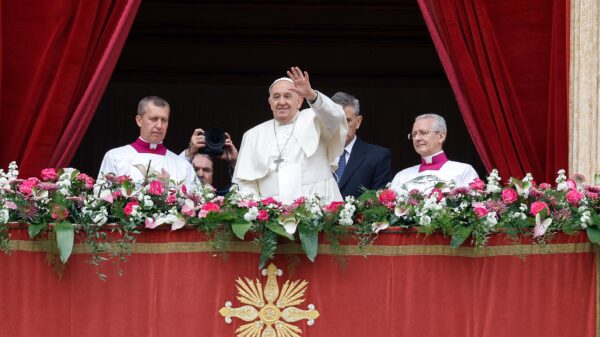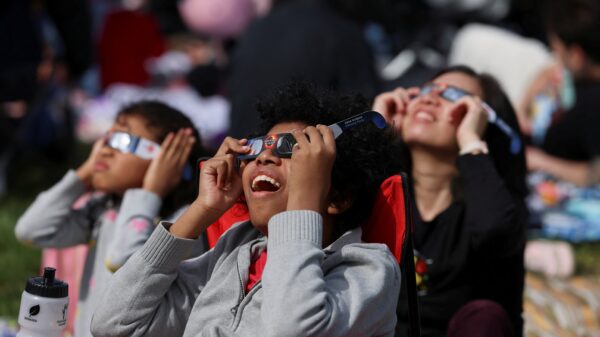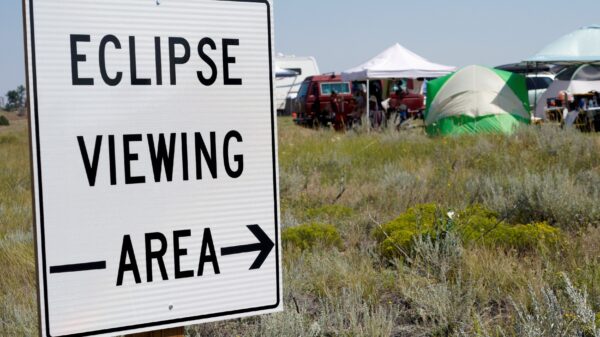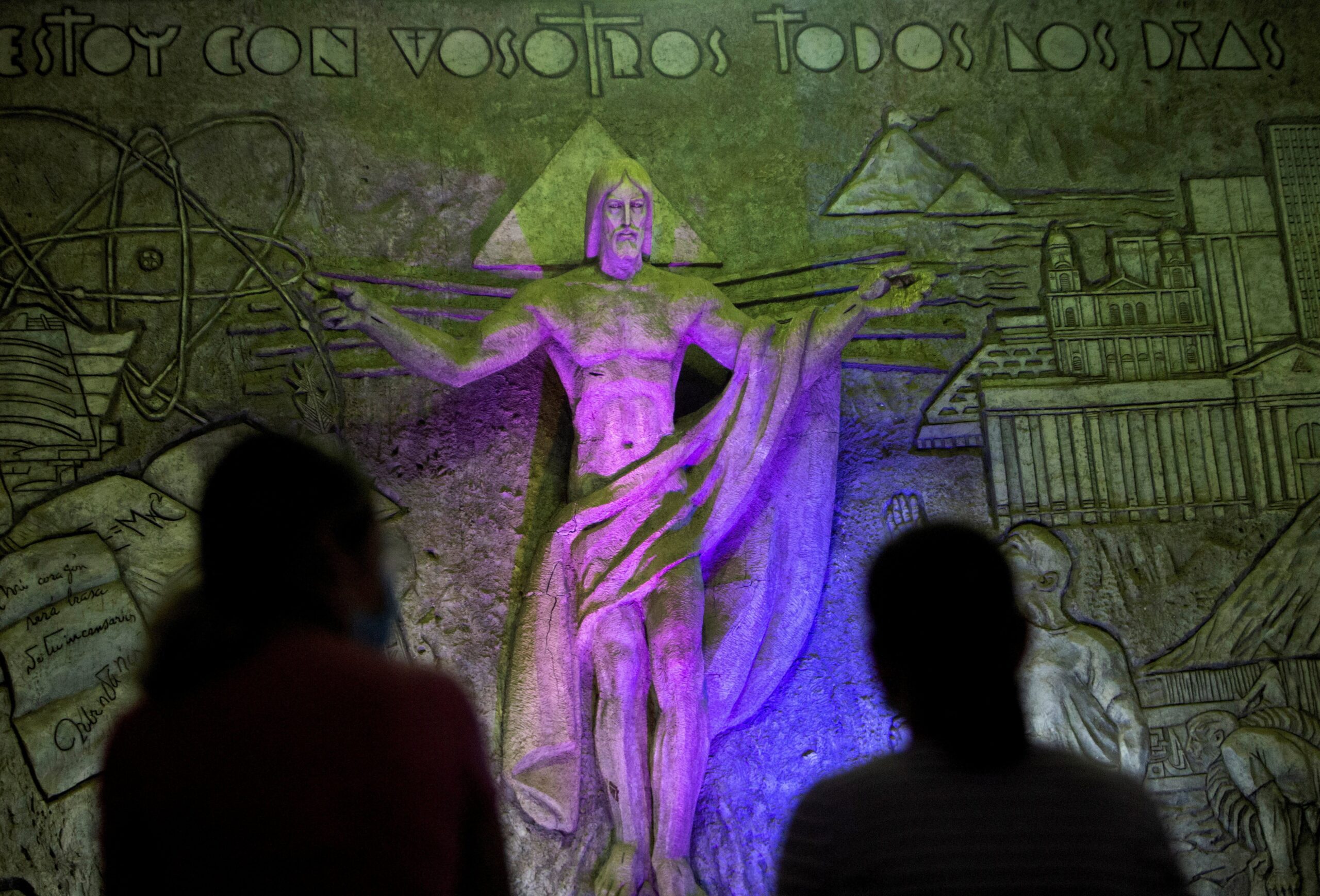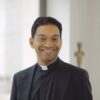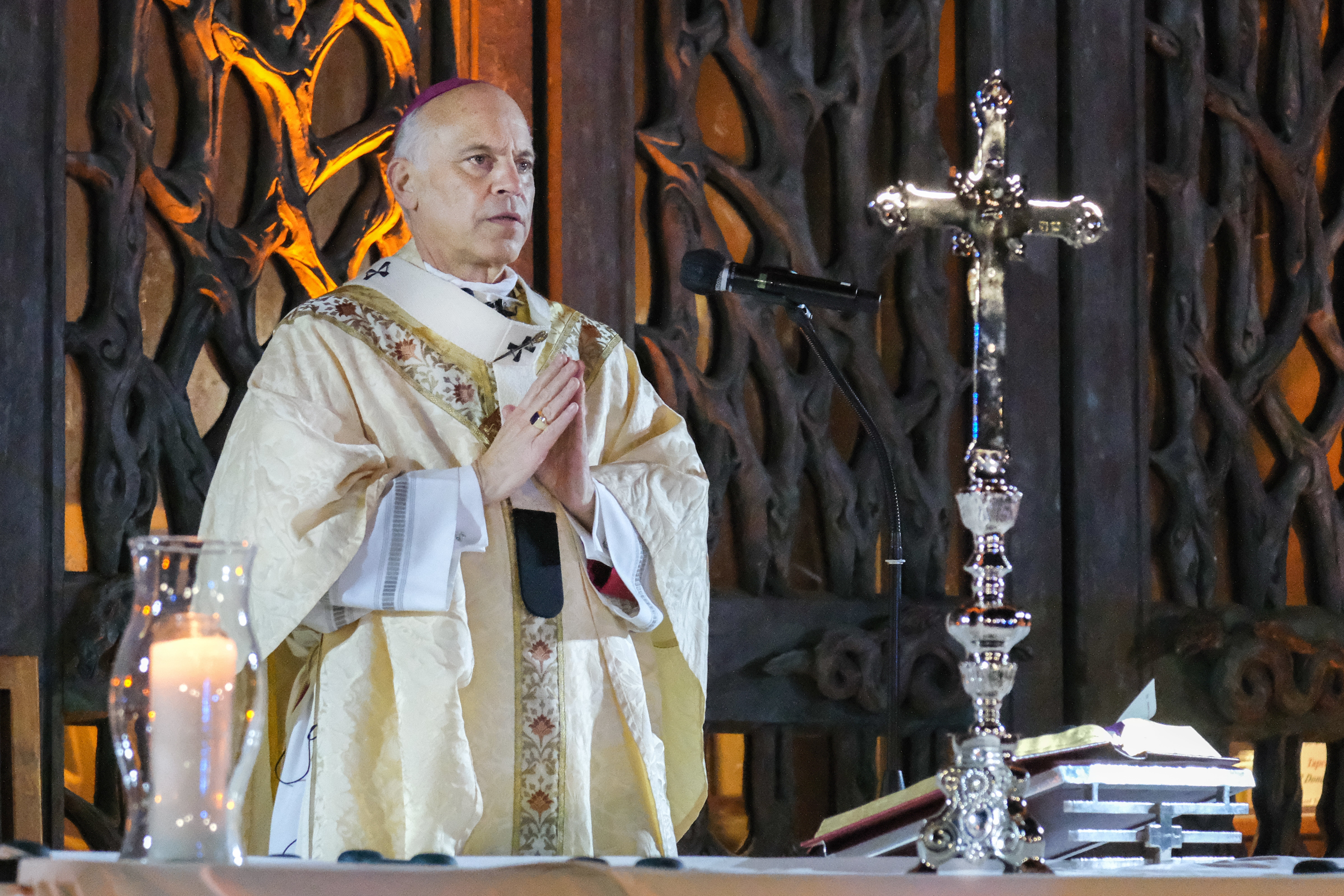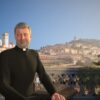(Editors’ Note: Updated with new information Jan. 1 at 2 p.m. EST)
MEXICO CITY (OSV News) — Since Christmas, Nicaraguan police and paramilitaries have detained more than a dozen priests, including an archdiocesan vicar, as the Sandinista regime escalates a campaign of terror against the Catholic Church — an institution it has struggled to subdue.
Reuters reported in the afternoon of Dec. 30 that the total number of priests detained numbered 12 in the prior three days. On Jan. 1, citing Nicaraguan media outlet 100% Noticias and other local sources, Vatican News reported that a priest was arrested after he celebrated Mass on New Year’s Eve.
Auxiliary Bishop Silvio José Báez — currently exiled in Miami — issued an urgent plea for solidarity, saying in a Dec. 30 post on X (formerly known as Twitter): “The Sandinista dictatorship this week unleashed a ferocious manhunt targeting priests, imprisoning many of them, in addition to two bishops already imprisoned. I beg bishops and the world’s bishops’ conferences not to abandon us at this time; may they pray for the church of Nicaragua, stand in solidarity, and raise their voices to denounce this persecution by the dictatorship against our Church!”
Most of the affected priests were detained between Dec. 28 and Dec. 30 — with several taken by police and paramilitaries from their parish residences, according to independent Nicaragua media and activists tracking attacks on the Catholic Church.
Four priests were taken during the evening hours of Dec. 29 and after Midnight Dec. 30 in the Archdiocese of Managua. They were identified as Father Mykel Monterrey, pastor of Our Lady of Candlemas Parish; Father Gerardo Rodríguez, pastor of Immaculate Conception Parish; Father Raúl Zamora, pastor of Divine Mercy Parish; and Monsignor Miguel Mántica, pastor of St. Francis of Asís Parish. As of Dec. 30, the priests’ whereabouts were unknown.
Bishop Báez also confirmed the detentions of other priests from the Archdiocese of Managua, whom he described as “pastors and prophets.”
They include Father Pablo Villafranca, pastor of Our Lord of the True Cross Parish in the city of Masaya; Father Héctor Treminio, the archdiocesan treasurer; Msgr. Silvio Fonseca, pastor of Santa Faz Parish; and Msgr. Carlos Avilés, the general vicar and a vocal critic of human rights abuses and church repression in Nicaragua.
“I am outraged by the unjust kidnapping of three beloved priests from Managua by the criminal Sandinista dictatorship,” Bishop Baez posted Dec. 28 on X: “I ask God to protect them and that they be released immediately!”
He posted on X the following day, “The fury of the criminal Ortega dictatorship unleashed against the church continues.”
Two priests outside of the Archdiocese of Managua were also reported arrested, according to Martha Patricia Molina, an exiled lawyer and researcher tracking attacks on the Nicaraguan church. Father Fernando Calero and Msgr. Marcos Díaz, priests in the Dioceses of Matagalpa and León respectively, were abducted Dec. 28, Molina posted on X.
Reuters reported that four priests were arrested early Dec. 30, according to a high-ranking member of the Catholic Church.
The Vatican News report Jan. 1, citing Molina’s latest remarks to 100% Noticias, said the priest arrested after celebrating Mass Dec. 31 was Father Gustavo Sandino, pastor of Our Lady of Sorrows Church in Santa María de Pastasma, in the Diocese of Jinotega. Vatican News also said two other priests had reportedly been arrested in Managua: Father Fernando Téllez Báez, pastor of Our Lady of the Americas, who was taken in the early hours a day earlier, and Father Jader Hernández, pastor of the Mother of the Divine Shepherd, who was taken the evening of Dec. 30.
Also on Jan. 1, Pope Francis shared his concern for Nicaragua as he prayed the Angelus following the Mass he celebrated for the feast of Mary, Mother of God, and World Peace Day. He asked all of the faithful to join in “insistent prayer” for Nicaragua.
According to the outlet cited by Vatican News, 100% Noticias, the number of priests detained without a warrant “could be higher.”
The wave of arrests followed the Dec. 20 arrest of Bishop Isidoro Mora of the Diocese of Siuna and two seminarians as they traveled to a parish near the Caribbean coast for the sacrament of Confirmation.
Bishop Mora’s whereabouts is unknown. He celebrated a Dec. 19 Mass in the Matagalpa Cathedral, where he expressed spiritual support for imprisoned local Bishop Rolando Álvarez.
Bishop Álvarez was convicted in February and sentenced to 26 years in prison on charges of conspiracy and spreading false information — accusations pursued in a secretive trial.
The Central American Office of the High Commissioner for Human Rights posted on X Dec. 28 that it “Condemns the forced disappearance of Bishop Isidoro Mora in #Nicaragua … and the new wave of detentions of religious. In addition to attacking personal freedom, it would violate the right to religious freedom, the pillar of any democratic state.”
The arrests come as President Daniel Ortega and his wife, Vice President Rosario Murillo, appear to aim to crush dissent in the country and attempt to control traditional Catholic celebrations and words spoken from the pulpit.
Priests report receiving intimidation visits from police and say they are spied upon during Mass, according to Molina. In an earlier list, she had identified two bishops, 10 priests and two seminarians currently detained in Nicaragua.
Murillo lashed out at church leaders Dec. 27, calling them “The true devils who rang the bells to order the killing of our people.”
The hyperbolic discourse referred to 2018 protests demanding Ortega’s ouster. The protests were suppressed with violence by police and paramilitaries, claiming more than 350 lives, according to human rights groups.
The Catholic Church opened parishes to protesters fleeing persecution, accompanied political prisoners and mediated a national dialogue.
Priests outspoken against Ortega and the Sandinista regime have been detained or forced to flee the country. Msgr. Avilés headed the archdiocesan justice and peace commission and routinely informed local and foreign media about attacks against the church.
“In recent years, the church has been at the side of the people’s just demands and the defense of human rights,” Msgr. Avilés told Catholic News Service in 2020 after an arson attack on the Blood of Christ Chapel at the Managua cathedral. “There’s repression, persecution, hatred of the church; but we’re going to continue.”
David Agren writes for OSV News from Mexico City.


